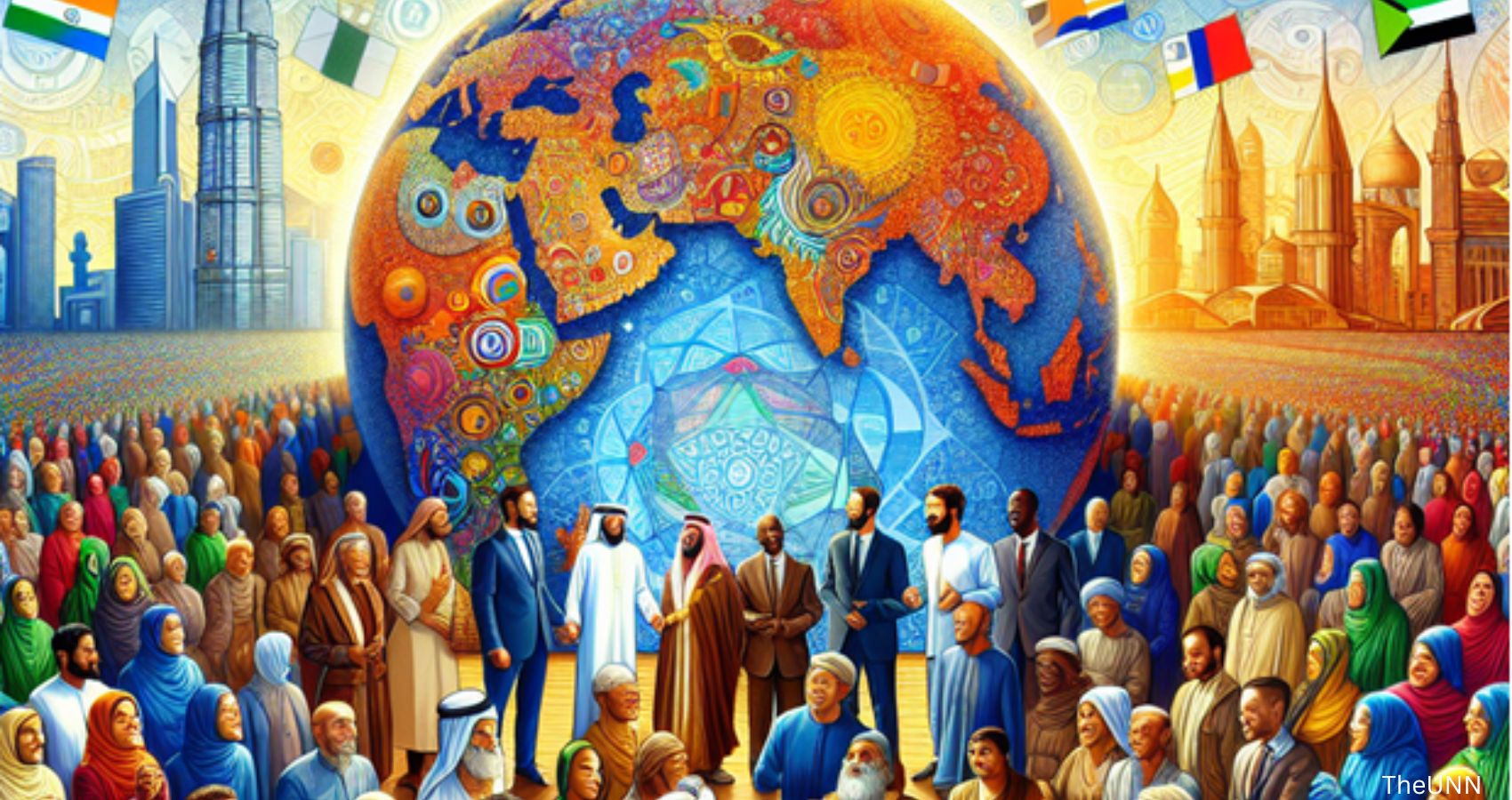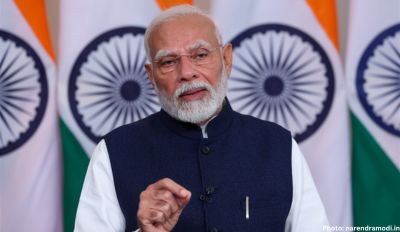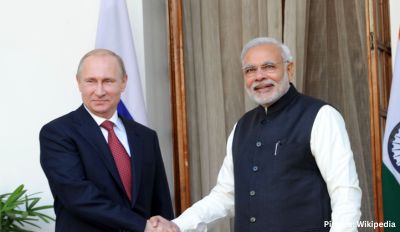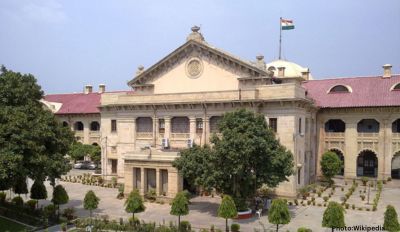Economic corridors are emerging as transformative agents, capable of fostering increased trade, foreign investment, and societal improvement across participating nations. The India-Middle East-Europe Economic Corridor (IMEC) stands out as a beacon of economic integration, promising to revolutionize interactions among India, the Middle East, and Europe. As we delve into the details of IMEC, its potential as a catalyst for global prosperity becomes increasingly apparent.
At its core, IMEC seeks to establish a multi-modal transport network, seamlessly integrating sea and rail routes, accompanied by innovative infrastructural components like hydrogen pipelines and advanced IT connections. The corridor’s game-changing potential is highlighted by its ability to significantly reduce transit times for goods, offering a more efficient alternative to the Suez Canal and projecting a 40% reduction in transit times. This efficiency not only expedites trade but also renders it more cost-effective, setting the stage for robust economic growth and expanded trade opportunities.
U.S. President Joe Biden’s characterization of IMEC as a “game-changing investment” underscores its potential to influence not only the regions it directly connects but also the global community. The Memorandum of Understanding (MoU) emphasizes the establishment of a “reliable and cost-effective cross-border ship-to-rail transit network,” showcasing the corridor’s potential to reshape global supply chains and international trade dynamics.
European Union President Ursula von der Leyen further emphasizes the corridor’s significance, branding it the “quickest link between India, the Middle East, and Europe.” This accolade positions IMEC as a major catalyst in reducing logistical costs and streamlining trade routes.
Beyond its role in trade facilitation, IMEC holds the promise of driving industrial growth and employment in participating regions. By providing an efficient mechanism for transporting raw materials and finished goods, the corridor is poised to stimulate industrial activity, addressing prevalent employment challenges. The correlation between enhanced transportation infrastructure and economic growth suggests that IMEC’s impact on job creation and industrial development could be substantial.
IMEC’s strategic importance extends to energy security and environmental sustainability. Access to the Middle East’s abundant energy resources is enhanced, bolstering the energy security of participating nations. The corridor’s emphasis on clean energy transportation aligns with global efforts to reduce greenhouse gas emissions, presenting a model for sustainable development.
Furthermore, IMEC’s potential to attract foreign investment and strengthen diplomatic ties positions it as an alternative to China’s Belt and Road Initiative, reshaping global trade dynamics and reducing dependency on traditional maritime routes. The corridor’s focus on cultural integration fosters connections among diverse cultures and civilizations, contributing to enhanced regional connectivity and peace.
IMEC is evidence of India’s strategic realignment towards the Middle East, particularly the Gulf Cooperation Council Countries (GCCs), under Prime Minister Narendra Modi’s leadership. This evolving relationship encompasses security cooperation, cultural ties, and technological exchanges, transcending a simplistic framework of oil trade and market access.
In the context of a shifting global landscape, IMEC represents a transition from a unipolar or bipolar world to a more multipolar system. By knitting together diverse economic, cultural, and political strengths, the corridor contributes to a balanced and resilient global system.
However, the success of IMEC is contingent upon the geopolitical stability of the Middle East. The region’s historical political unrest underscores the global necessity for peace in the Middle East. A stable Middle East is vital for ensuring secure trade routes, reliable energy resources, and unhindered knowledge and people exchange. It creates an environment conducive to the economic and technological collaborations envisioned by IMEC and contributes to global economic stability.
In conclusion, IMEC stands as a testament to the transformative power of economic connectivity, promising to shape a more prosperous and interconnected world. As leaders and nations come together to support this initiative, the potential for IMEC to catalyze global prosperity becomes increasingly tangible, fostering a future of shared economic growth, cultural integration, and geopolitical stability.











